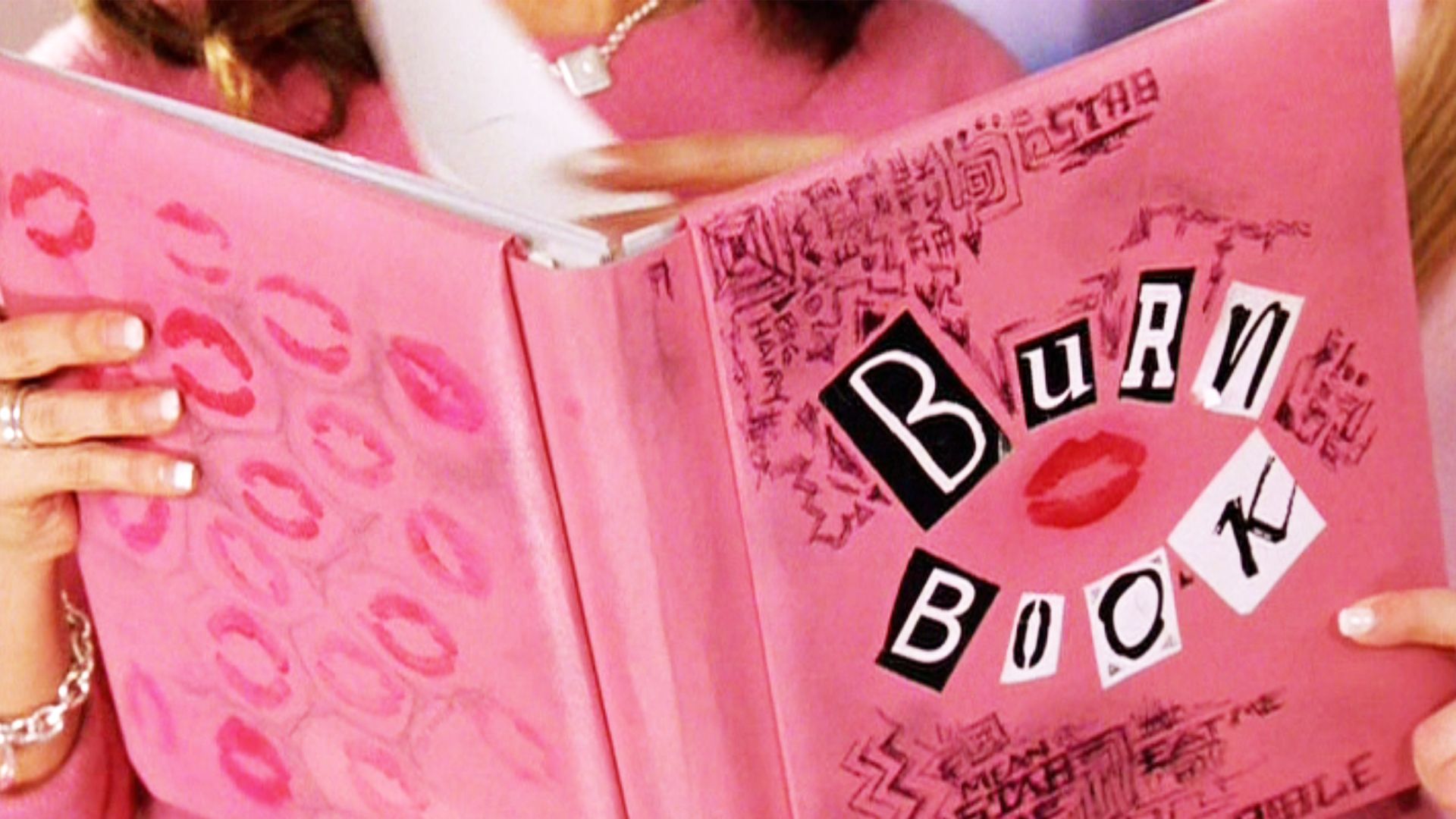Raise your hand if you’ve loved every single person you worked with every single day and never once complained about your job… okay now that the narcs are out of the room, the rest of us can talk. Everyone knows the level of insidious rage a teeny, tiny, petty phrase like “per my last email” can induce at record speed. From a lack of email etiquette to that one know-it-all who just has to ask one more rhetorical question at the end of the meeting that nobody wants to be at, it’s easy to be triggered by your coworkers.
One outside-of-the-box TikToker thought up a new coping mechanism that shockingly isn’t a giant glass of wine and 10 uninterrupted hours of The Real Housewives of New York. TikTok user Hayley (aka @tropicalagitations) has suggested keeping a journal to write down every complaint, big and small, about your company and your colleagues to purge the inner corporate demons that make focusing on an Excel sheet ten times harder. And she’s not the only one — it turns out communal burn books calling out team members for their mistakes in writing are kinda thing.
A work-related burn book is definitely Regina George-approved, but we had to wonder what HR would say about this. If you’re curious too, wonder no more. We asked a seasoned HR professional their thoughts on keeping a burn book about your coworkers. Here’s what she said.
What is a “work burn book”?
@tropicalagitationsWFH girlies need burn books♬ original sound – Hayley
A work burn book is a secret notebook you keep at your desk to write down “all the shitty little things that people do to you at work,” according to Hayley. While you’re scribbling away during your third Zoom call of the day, everyone will think you’re diligently taking notes when you’re actually writing down every ridiculously petty thought crossing your mind. Including anything from “Why would you say that?” to making fun of someone’s haircut could make you feel better since the “official record” will show “they were trash.”
What would your HR team have to say about your work burn book?
We sat down with HR professional Chelle DeVore, who has 25 years of experience in the human resources space. She works in Pennsylvania, where employee rights are employee-leaning, but we consider the following advice pretty universal.
Q: So, what do you think about keeping a “burn book” with hot takes and complaints about your coworkers on your desk?
A: Oh my gosh, that’s funny. It would be the greatest cathartic moment of my eight-hour workday. The person who drips ice on the floor and pretends not to see it is probably where I would start. I think it can be a good idea to get the ideas that are bouncing around in your head, building up angst, out. If you are going to do something like this, treat it like a diary: a diary is something that is never left where anyone could get their hands on it or see it, ever. Maybe also try not using full names — stick to just expressing your thoughts so you know what you’re talking about, but nobody else would. As a personal tool, it definitely sounds therapeutic. As a work tool, it could be a little bit problematic.
Q: How so?
A: Well, you never want to be openly breaking company protocol. Be a dork and download, save, and read your employee handbook so that information is always at your fingertips. Pay attention in your mandated training courses, like the ones about harassment. That way you can make sure nothing you’re writing is breaking any company policies or standards.
Q: Does it make a difference if you’re working from home versus going into an office?
A: If you’re working from home, it’s your private property. Technically, you can write anything you want: names, dates of the crimes, and birthdates of the perpetrators at hand (*laughs*). And it’s a lot less risky. Bringing something like that into the office is up to your discretion and could have serious consequences, but depending on your company, it might not be a fireable offense.
Q: How about if you’re trash-talking the CEO or a supervisor versus another corporate peon on your level — would that come with different consequences if you were to get caught?
A: If, somehow, in the worst-case scenario, your burn book was brought to light (which you’re going to make sure never happens because it’s under lock and key!) talking about your peers would probably be considered an offense on a lesser scale. The biggest thing would be your supervisor or direct manager because, in addition to breaking any company policy, it could impact your working relationship. I wouldn’t want that.
Q: What’s the best way to voice complaints to your team if your petty complaints are no longer getting the job done?
A: I would bring it up to my manager in my one-on-one, or initiate a meeting in an email. Also, if someone is doing this annoying behavior to you over email, I would CC your manager and ask if this is the best or agreed-upon procedure. Ask for the change you want to see, otherwise it can’t be your reality.



















































